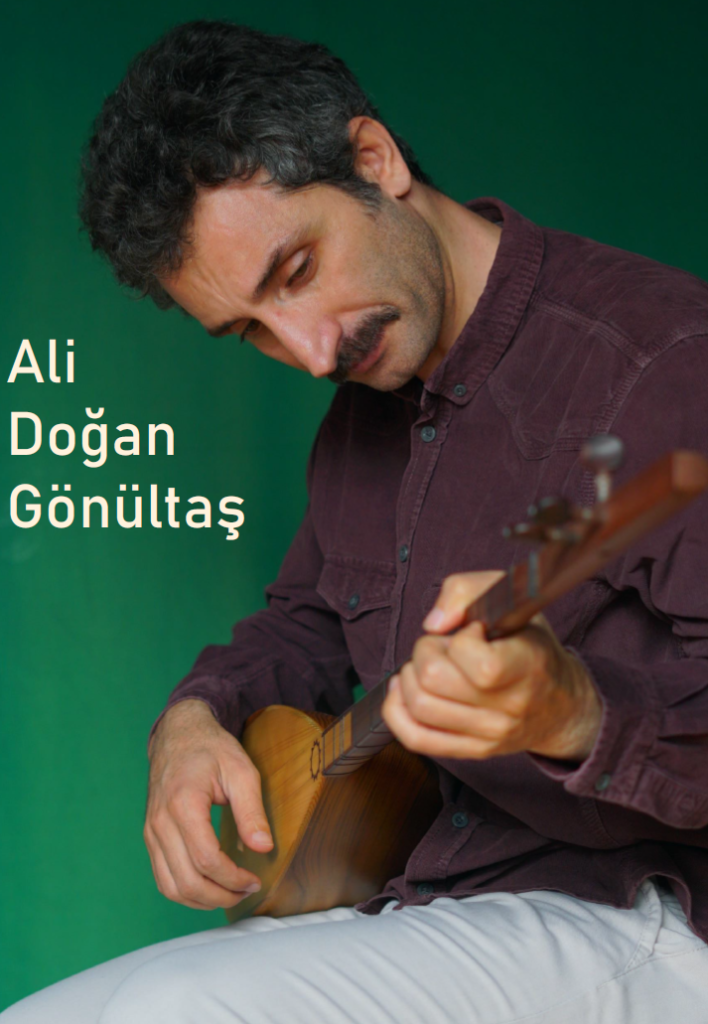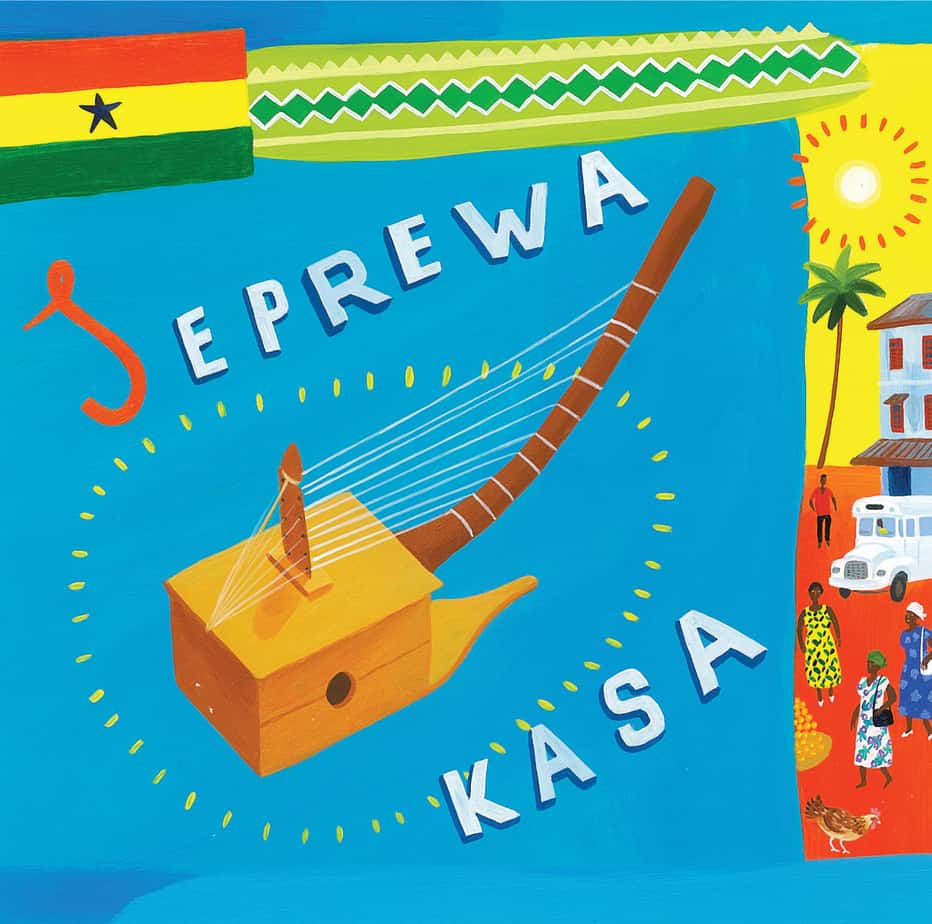Keyeyî — A Homeward Melody
Ali Doğan Gönültaş’s upcoming second solo album, “Keyeyî” – translating to “homes” in his native Zazakî – takes us on a meaningful musical journey through the concept of home and heritage. With an anticipated release date of April 22, 2024, the album goes beyond just a compilation of songs, instead offering an evocative exploration of the sounds and emotions from Gönültaş’s early life in Kiğı, a mountainous region of Eastern Anatolia.
“Keyeyî” is meticulously constructed, each note and lyric adding to the last, creating a fully immersive auditory experience. It’s divided into two parts—Şemuge (Threshold) and Annelerin Sofraları (Mothers’ Tables)—forming a narrative that shifts from the individual to the collective, reflecting Gönültaş’s journey from his origins to the broader community that shaped him.

The album’s minimalistic musical arrangement showcases the tembur and Gönültaş’s impressive vocals. His voice, an instrument in itself, conveys his rich heritage and emotional depth. The first part, “Şemuge,” uses Zazakî and Kirdaskî to represent the initial steps towards home—both linguistically and figuratively. Gönültaş underlines the importance of his mother tongue to his identity, asserting, “My mother tongue is my home!” This section merges the traditional with the personal, creating a timeless and novel sound.
The second part, “Annelerin Sofraları,” switches to Turkish and explores the Alevi song forms of nefes and methiye, honouring the communal experiences at his mother’s and her friends’ tables. Here, the music moves beyond personal stories to touch on universal belonging and cultural continuity themes. The songs in this section are imbued with the warmth and complexity of shared meals and conversations, encapsulating the feeling of coming home.
The album stands as a tribute to heritage, culture, and unity.
“Keyeyî” is a cultural tapestry, weaving together Gönültaş’s heritage with the broader narratives of the Kurdish and Alevi communities. Recorded with both video and audio, as is the norm for Gönültaş, the album also provides a visual element that enhances the listener’s experience, rooting the music in Gönültaş’s real-life experiences.

Gönültaş’s music production approach is profoundly shaped by his academic background in archaeology and media. This academic lens enriches his music, enabling him to express complex cultural histories and emotions with subtlety and authenticity. His meticulous attention to detail and dedication to cultural expression have solidified his place in the Kurdish music scene, with critics lauding his ability to “touch the heart” and “tend to it with care and knowledge.”
“Keyeyî,” by Ali Doğan Gönültaş, is an expert fusion of personal history and cultural exploration. It encourages listeners to reflect on the notion of home and how our roots shape our identities. This album confirms Gönültaş’s important role in Anatolian music and challenges us to consider the deeper links between place, language, and belonging.
As a dedicated follower of this rising star from Anatolia, I eagerly anticipate the album’s release. Like its predecessor, “Kiğı,” “Keyeyî” is set to bring Kurdish music to a global audience. I am confident that through his evocative performances and educational workshops, Gönültaş will keep bridging worlds, introducing the rich musical traditions of his homeland to a broader audience.
“Keyeyî” is indeed a homecoming, not just for Ali Doğan Gönültaş, but for anyone seeking a sense of home in the realm of music.





